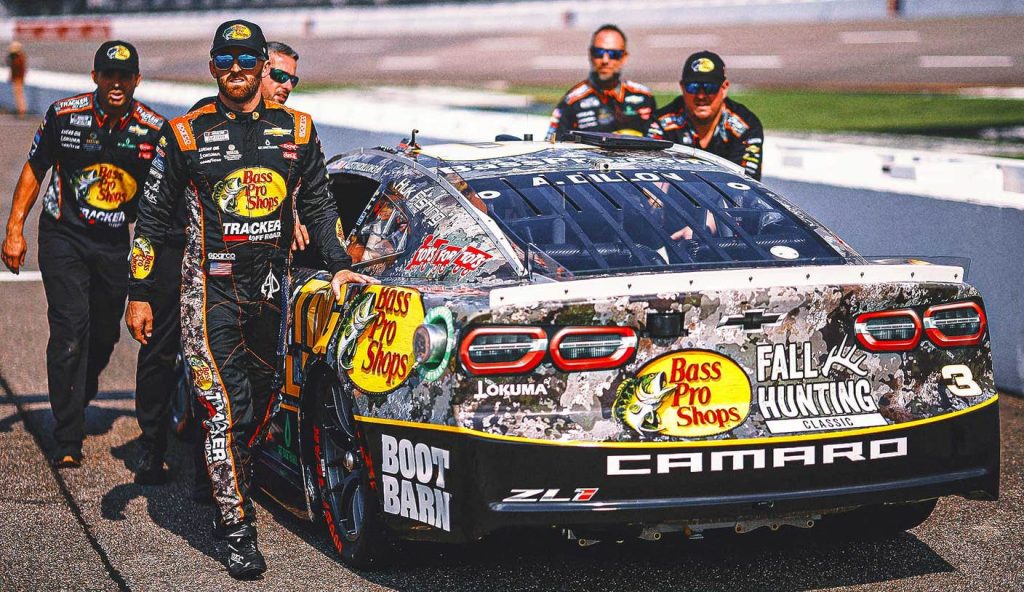Drivers often express a willingness to do anything to win a race, including “wrecking” their mother. This spirit is exhibited to create excitement among fans and motivate team members. However, the extent to which drivers apply this varies. Some drivers, like Austin Dillon, have faced backlash for pushing the bounds of such strategies. Dillon’s controversial win at Richmond Raceway on August 11 involved him spinning and hooking fellow driver Joey Logano. Though Dillon claimed these moves were not intentional, NASCAR has since stripped him of his victory.
Dillon’s win was taken away upon the announcement that NASCAR would not permit the win to qualify him for the automatic berth into the playoffs. The rulebook allows the organization to revoke the berth if the finish is “unencumbered by violation(s) of the NASCAR Rules or other action(s) detrimental to stock car racing or NASCAR.” Richard Childress Racing, Dillon’s team, is appealing the decision with a hearing set for Wednesday. Dillon has expressed his intent to win either the Daytona or Darlington race following the appeal hearing.
NASCAR officials justified their decision by stating that it was necessary to preserve integrity in the sport. They believe that drivers will continue to push boundaries unless explicitly stopped. Team owner and driver Brad Keselowski agreed, stating that drivers will inevitably find ways around the rules, whether relating to the car or the race track.
Austin Dillon’s actions and the resulting consequences sparked a debate among drivers over the appropriate ways to win a race. Kyle Busch defended Dillon, pointing out that many drivers have made desperate moves for victories. Busch suggested that NASCAR’s view of right and wrong may differ from that of the drivers, and emphasized that a driver’s approach should be akin to Dillon’s in Richmond.
The impact of Dillon’s incident isn’t just limited to NASCAR’s response. A driver’s reputation is crucial and the racing community can often self-regulate. A driver who continually steps on others’ toes may end up not being given any leeway in the give-and-take nature of racing. Todd Gilliland, for instance, said he found Dillon’s move highly risky, while Erik Jones said such a move wasn’t in his “playbook.”
The incident has drawn attention to the balance between entertainment and sportsmanship in the world of racing. Keselowski pointed out that the culture in the garage area, sport, and among drivers, often dictates actions on the track. With the penalties handed down to Dillon, NASCAR has signaled its intent to put a limit to what can be tolerated in the name of victory. The impact of this decision will be borne out in upcoming races.


